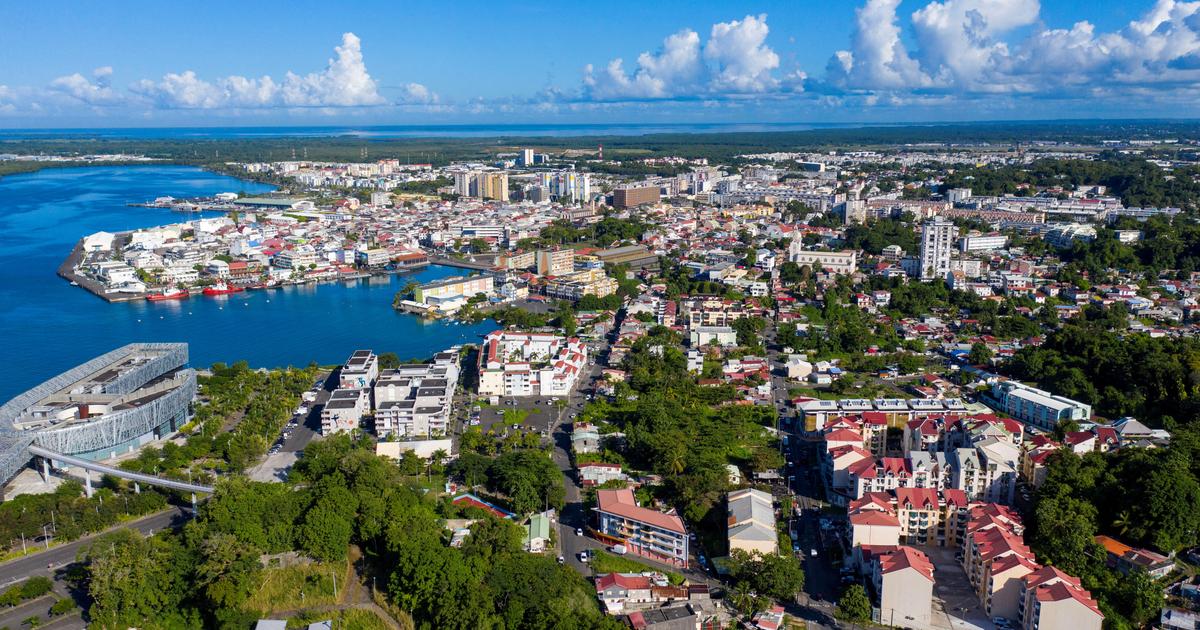Pipeline Destruction: Who, Why and What to Do?
Created: 09/28/2022, 14:16
The Nord Stream 1 gas leak in the Baltic Sea photographed from a Swedish Coast Guard aircraft.
© Swedish Coast Guard/dpa
The destruction of the Baltic gas pipelines has alarmed governments in Europe.
The case fits warnings of hybrid conflict scenarios: Attacks on infrastructure are carried out in a gray area without clear blame being possible.
The explosions at the Nord Stream 1 and 2 gas pipelines in the Baltic Sea could open a new, dangerous chapter in the conflict between Russia and the West.
There are increasing indications of a targeted destruction - a simultaneous accident in several places seems unlikely.
Experts in secret services, the military and industry are now collating their findings into one picture.
How can such an act be carried out?
What do you need for this?
Blasting under water is not rocket science, especially when - as in the Baltic Sea - it is not about great depths.
Military divers of all nations are trained in it.
Thus, sea mines of a possible opponent are usually blown up under water in a controlled manner, not defused.
Civil blasting schools also offer such training, as do civil protection authorities such as, in the case of Germany, the Federal Agency for Technical Relief (THW).
In principle, however, at least one second method of destruction is conceivable for a pipeline, say technology experts.
The tube is serviced with a "pig," a remote-controlled cleaning robot that can be loaded with explosives if perpetrators have access to the system.
Are there any traces of the perpetrators?
The Baltic Sea is one of the best monitored sea areas ever - especially after the escalation of tensions with Russia over the war of aggression against Ukraine.
All of the neighboring countries monitor shipping and air traffic with sensors, and there are highly developed capabilities on the German side.
Movements of vehicles in the water are tracked by recording the acoustic signature and comparing it with a database.
The navy uses all this information to create an “underwater situation picture”, which, however, also has its limits when it comes to observing enemy submarines.
The evidence also includes the damage to the pipeline.
However, because the escaping gas initially bubbles considerably, a more detailed analysis is only possible later - Denmark's Ministry of Defense assumes one to two weeks
Who would benefit from carrying out this attack?
Who uses it is a common question when looking for the perpetrators.
However, there is no simple answer here.
Anyone who assumes that Russia is the author believes it is possible that Moscow will permanently damage its own infrastructure and also deny itself the opportunity to switch the gas supply on and off as a means of exerting pressure.
In principle, it is also possible that opponents of Russia and these gas pipes wanted to put an end to Moscow's activities.
European governments are currently reluctant to assign blame shortly after the fall.
When searching for the possible originator, the authorities involved also ask themselves who has the technical skills to do so.
It was heard from the coalition in Berlin that, given the tense situation, it was important
not to publish half-baked information about possible authors, but to wait for reliable results.
In general, a "state actor" was considered likely if sabotage was involved - which the EU and NATO assume.
Who is responsible for protecting the infrastructure in Germany?
In June, the CIA warned of a possible attack on the gas pipelines.
This warning was probably not very specific and targeted.
In any case, it did not trigger any major measures.
The security authorities have long been aware that the energy infrastructure in general could be the target of possible sabotage by domestic and foreign actors.
Since the start of the Russian attack, federal and state intelligence agencies have repeatedly warned critical infrastructure companies of possible sabotage and cyber attacks.
In August, after a visit to the federal police in See, Federal Interior Minister Nancy Faeser (SPD) said: "We must be prepared for attacks on gas terminals and other critical infrastructure."
also read
"Turning point" thesis at "Maischberger": "Putin has done something very dangerous"
Annexation is approaching: Separatist chief is already addressing "please" to Putin - Russia's timetable is apparently set
What protection steps are planned?
Some interior experts in the coalition believe that naming problems here is not enough.
In the coalition agreement, the SPD, Greens and FDP formulated: “We are bundling the physical protection of critical infrastructures in a KRITIS umbrella law.
We are strategically realigning the concept of "civil defence". The target could now even be more important, because in the case of a hybrid attack there is a risk that the injured party will in turn seek a target from the opponent.
Defense Minister Christine Lambrecht said on Wednesday: "The alleged act of sabotage on the Baltic Sea pipelines shows us once again that we are dependent on critical infrastructure - including under water.
The circumstances of this disturbing event must now be clarified quickly and those responsible identified.
share information with partner countries.
The Navy will contribute to the reconnaissance.
Is the sabotage of the pipelines an attack of war that requires an appropriate response?
Denmark and Sweden emphasize that they were not attacked.
The incidents occurred in international waters in the exclusive economic zones of both countries off the Baltic Sea island of Bornholm.
From the point of view of both governments, the question of an attack on Swedish or Danish territory does not arise.
In this sense, Germany is even less affected - regardless of the long-term consequences.
dpa









